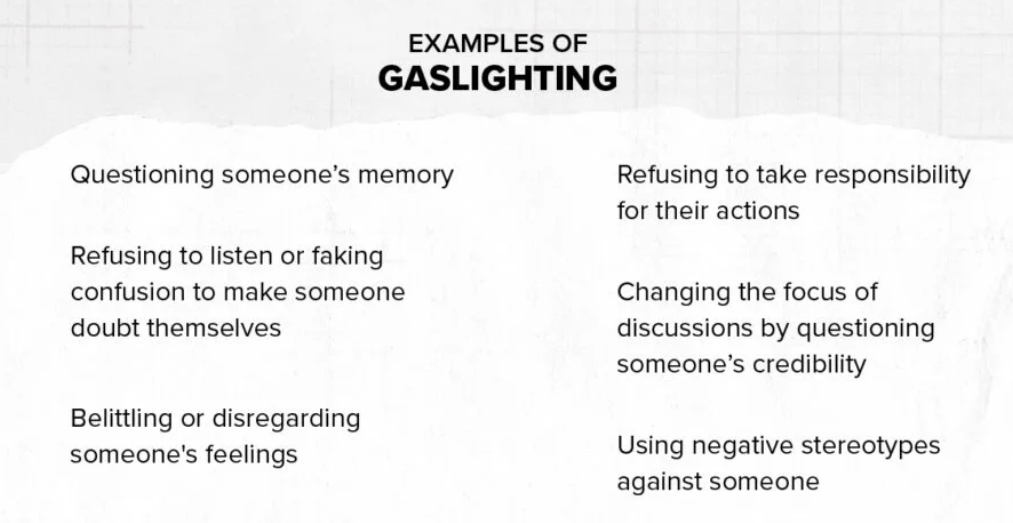Gaslighting - Don't Believe Your Lying Eyes!
Segment # 223
You hear this term quite a bit today, but few people really understand where it came from or how you know it when it’s happening.
Read this background piece, and let’s see if it makes any sense.
Gaslighting is a form of psychological manipulation that leads victims to question their own perceptions, memories, and sanity. This emotional abuse often occurs in relationships where one partner seeks to gain power and control over the other by distorting reality and instilling self-doubt.
Origins and Definition
The term "gaslighting" originates from the 1938 play Gas Light and its 1944 film adaptation, where a husband manipulates his wife into believing she is losing her sanity by dimming the gas lights and denying it when she points it out. In contemporary usage, gaslighting refers to behaviors that make individuals doubt their reality, often leading to confusion and a loss of self-esteem.
Common Techniques: Gaslighters employ various tactics to manipulate their victims, including:
Withholding: Pretending not to understand or refusing to listen.
Countering: Questioning the victim's memory of events, even when the victim remembers them accurately.
Blocking/Diverting: Changing the subject or questioning the victim's thoughts.
Trivializing: Making the victim's feelings seem unimportant or excessive.
Denial: Refusing to acknowledge events or promises, leading the victim to doubt their own recollections
Impact on Victims
Victims of gaslighting often experience significant mental health issues, including anxiety, depression, and a diminished sense of self-worth. They may feel isolated and powerless, struggling to trust their own judgment or reality. This psychological abuse can lead to long-term effects, such as post-traumatic stress disorder (PTSD) and difficulties in forming healthy relationships after the abusive situation ends.
Contexts of Gaslighting
While gaslighting is commonly associated with romantic relationships, it can also occur in familial, workplace, and social contexts. In the workplace, for example, gaslighting may manifest through blame-shifting or undermining a colleague's credibility, often to avoid accountability or to manipulate perceptions for personal gain. Recognizing the signs of gaslighting is crucial for victims. Common indicators include constantly second-guessing oneself, feeling confused or "crazy," and having difficulty making decisions. Seeking help from mental health professionals or support organizations is essential for those who suspect they are experiencing gaslighting.
What can you do? Maybe a little common sense, critical thinking, and asking simple questions is a start. For example I have seen several segments asking random people what Kamala has done as VP.. crickets What policy positions presented by Kamala do you support….. crickets. OK if Kamala is in charge of the border… what has she done…. crickets. Now the Dems will take this and say she has already answered these questions,,, she was never the border czar… and even though as VP she was generally considered to be useless, she now is a future candidate for Mt. Rushmore. You are now a victim of gaslighting.
Asking basic questions and demanding answers is a start. We are now 3 weeks into Kamala’s selection as the party’s candidate without earning a single primary vote and we are a month away from early voting. Kamala has not taken one tough question or held a press conference. If you wouldn’t accept gaslighting from your teenage son, why would you accept it from a candidate for president of the United States?
Stay tuned, Friday August 16th Kamala will release her economic plan.


